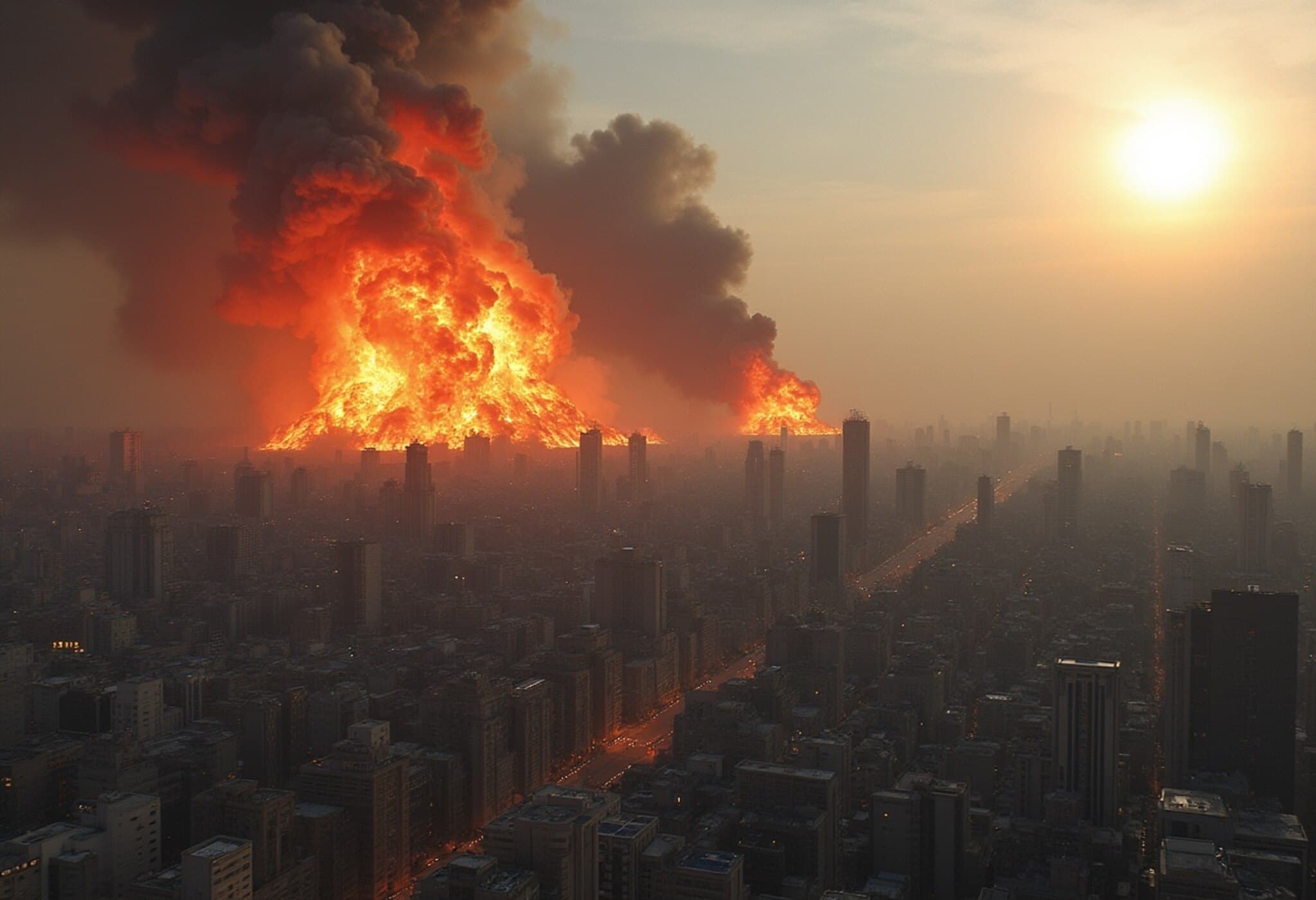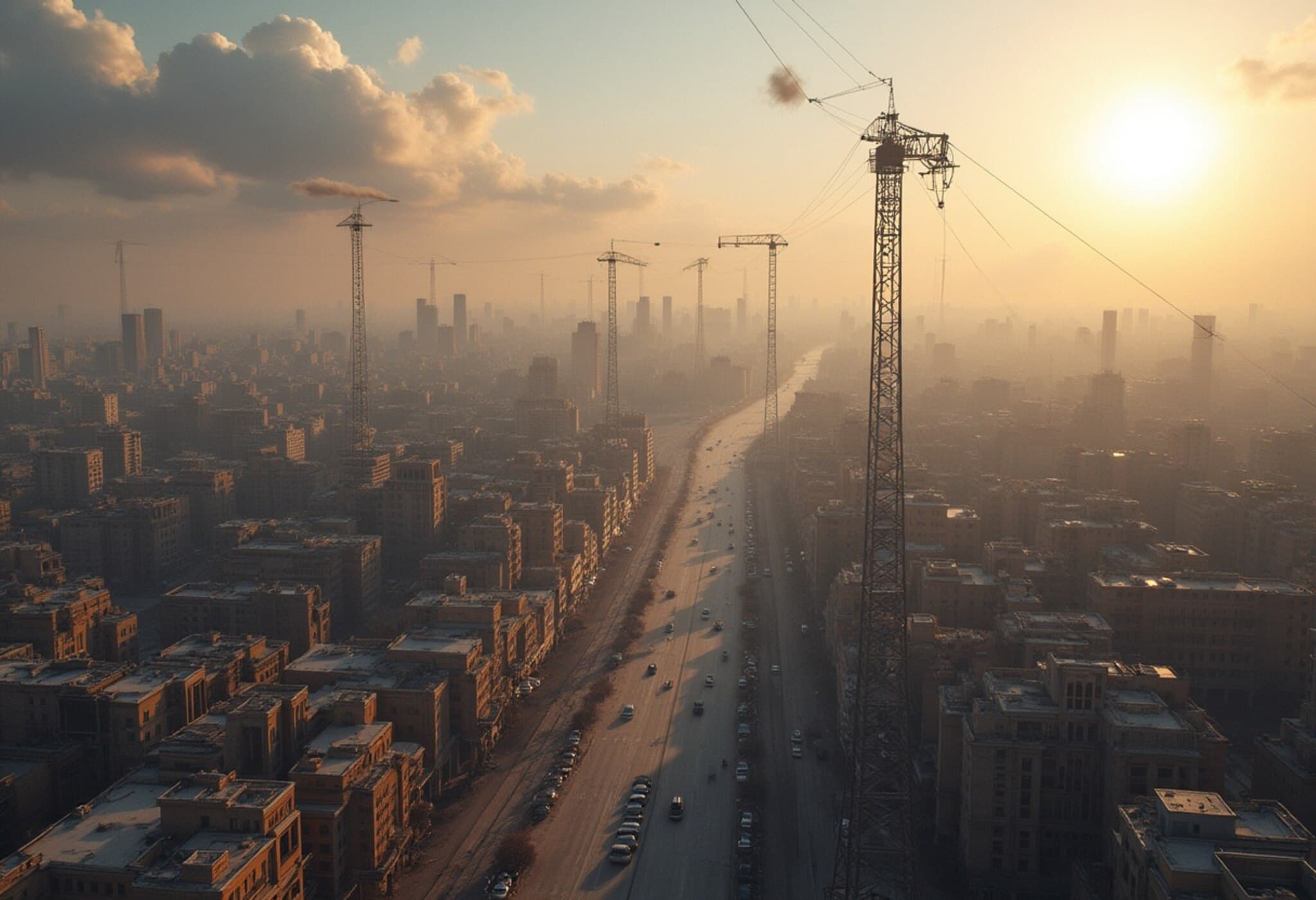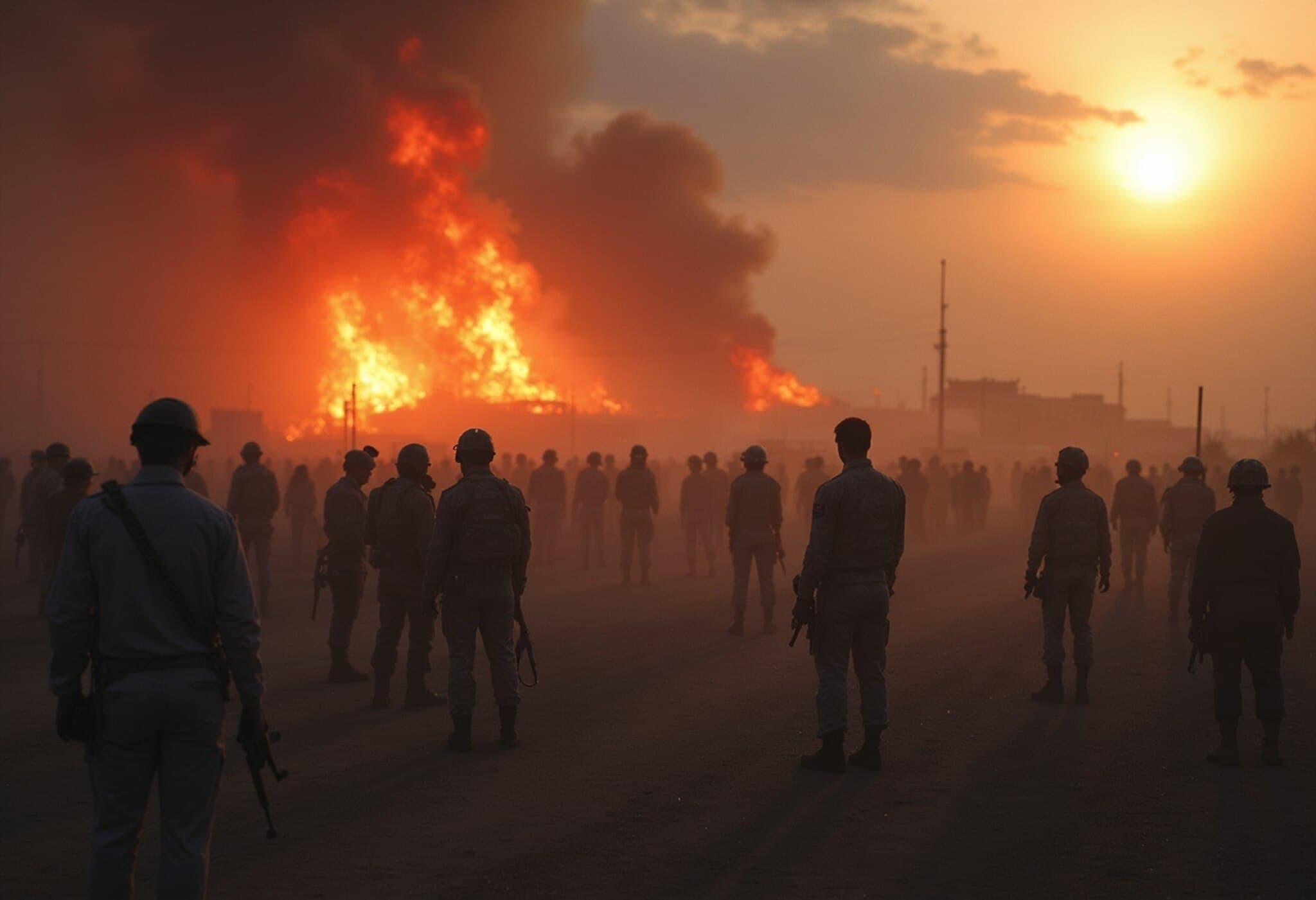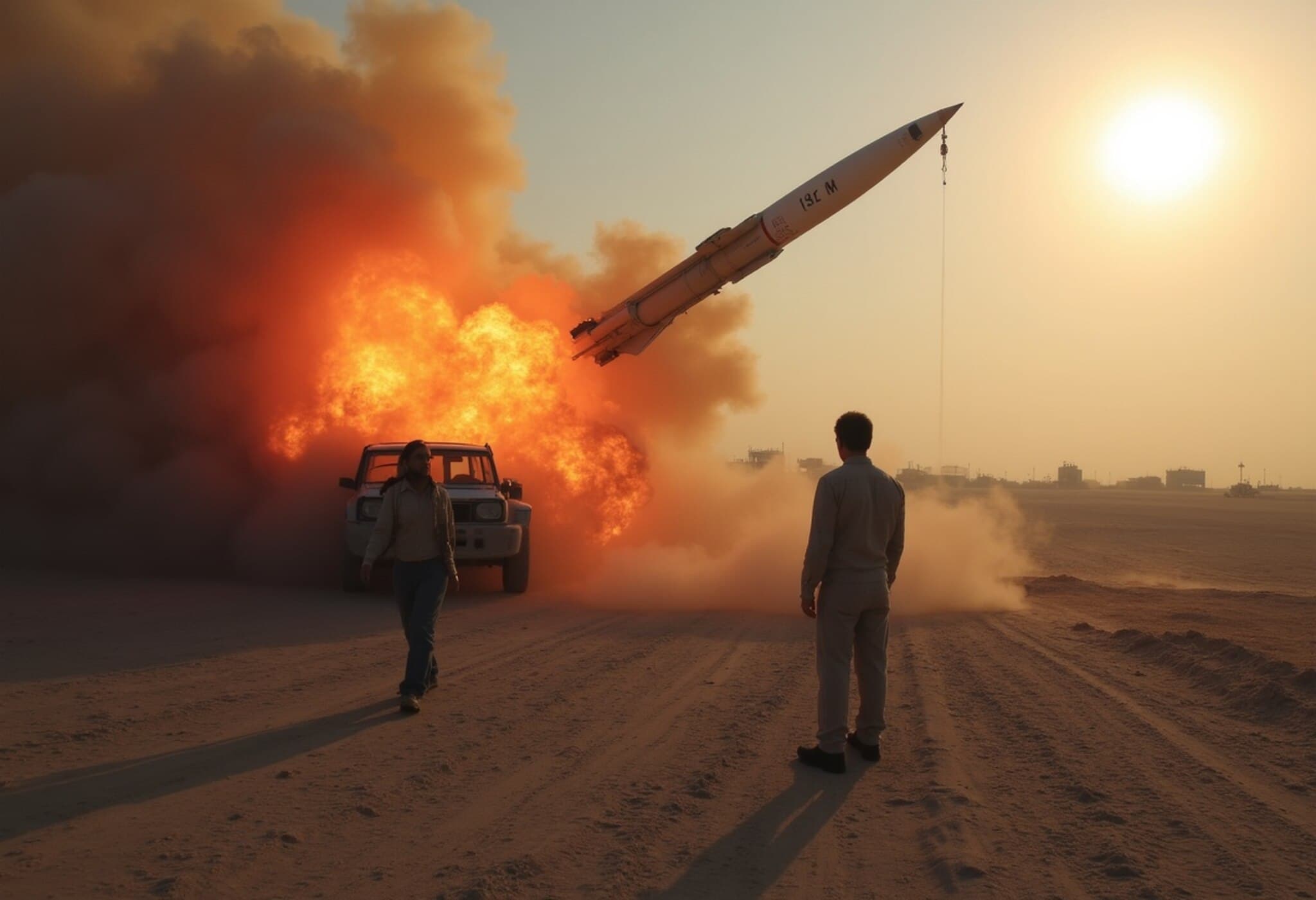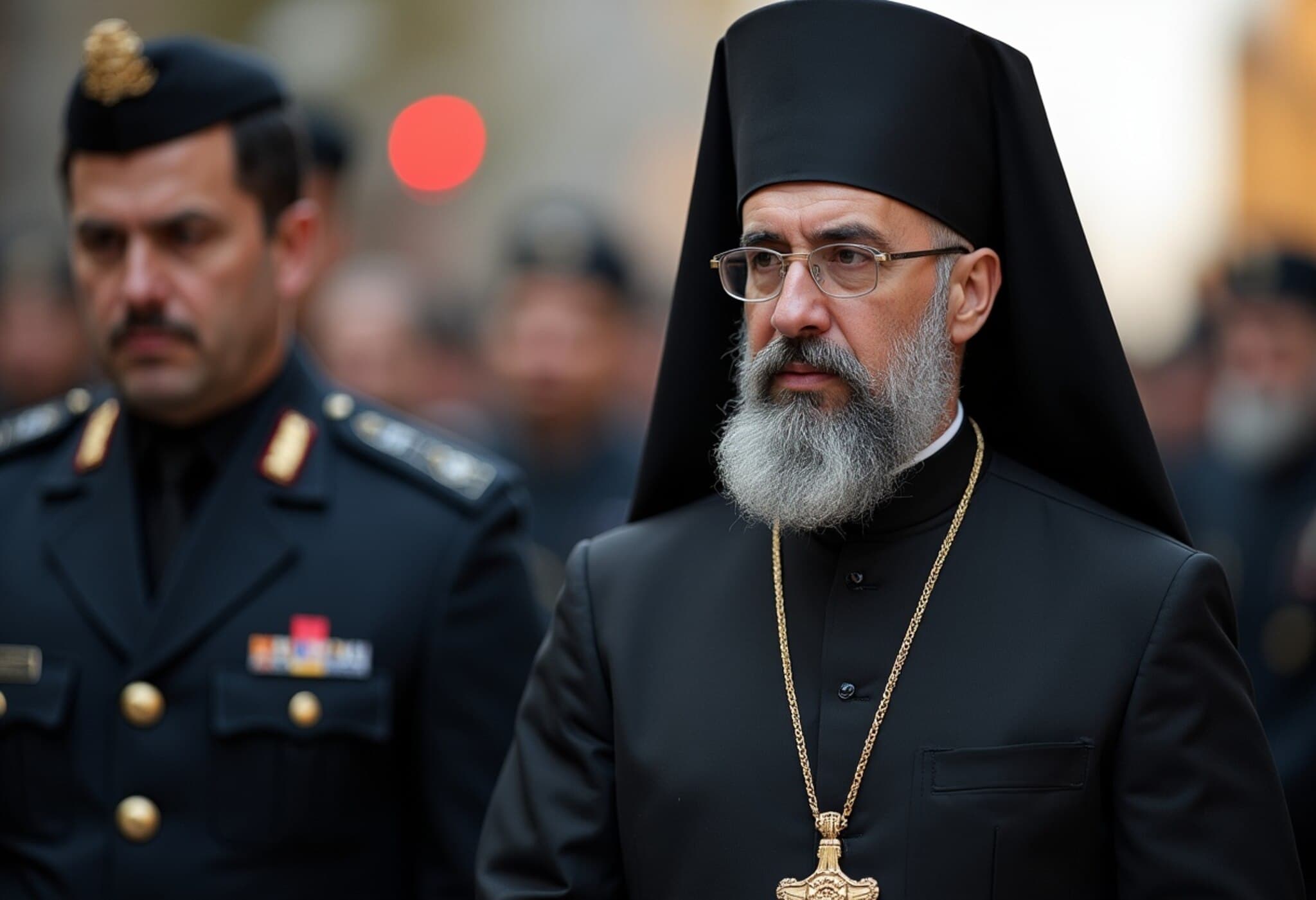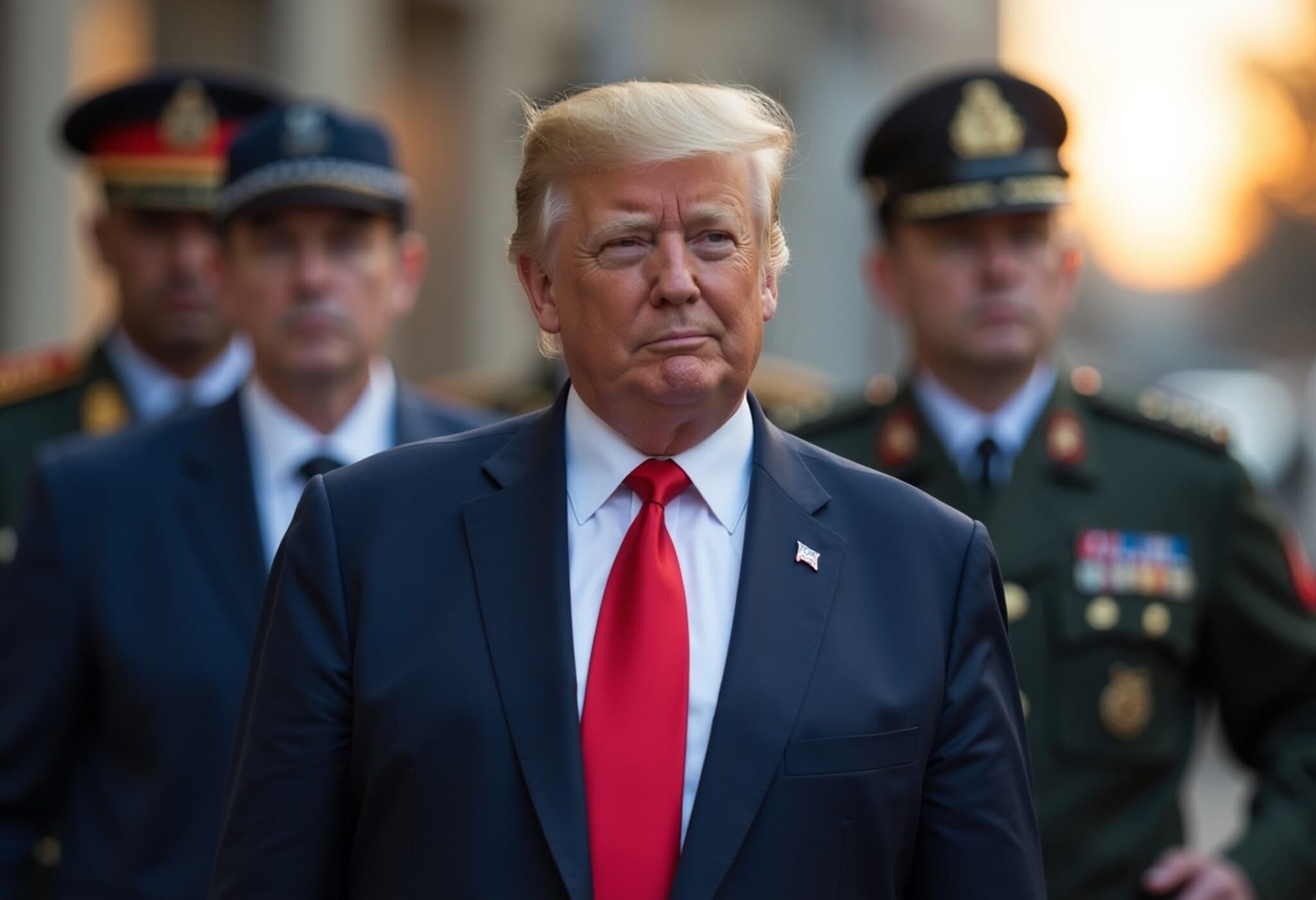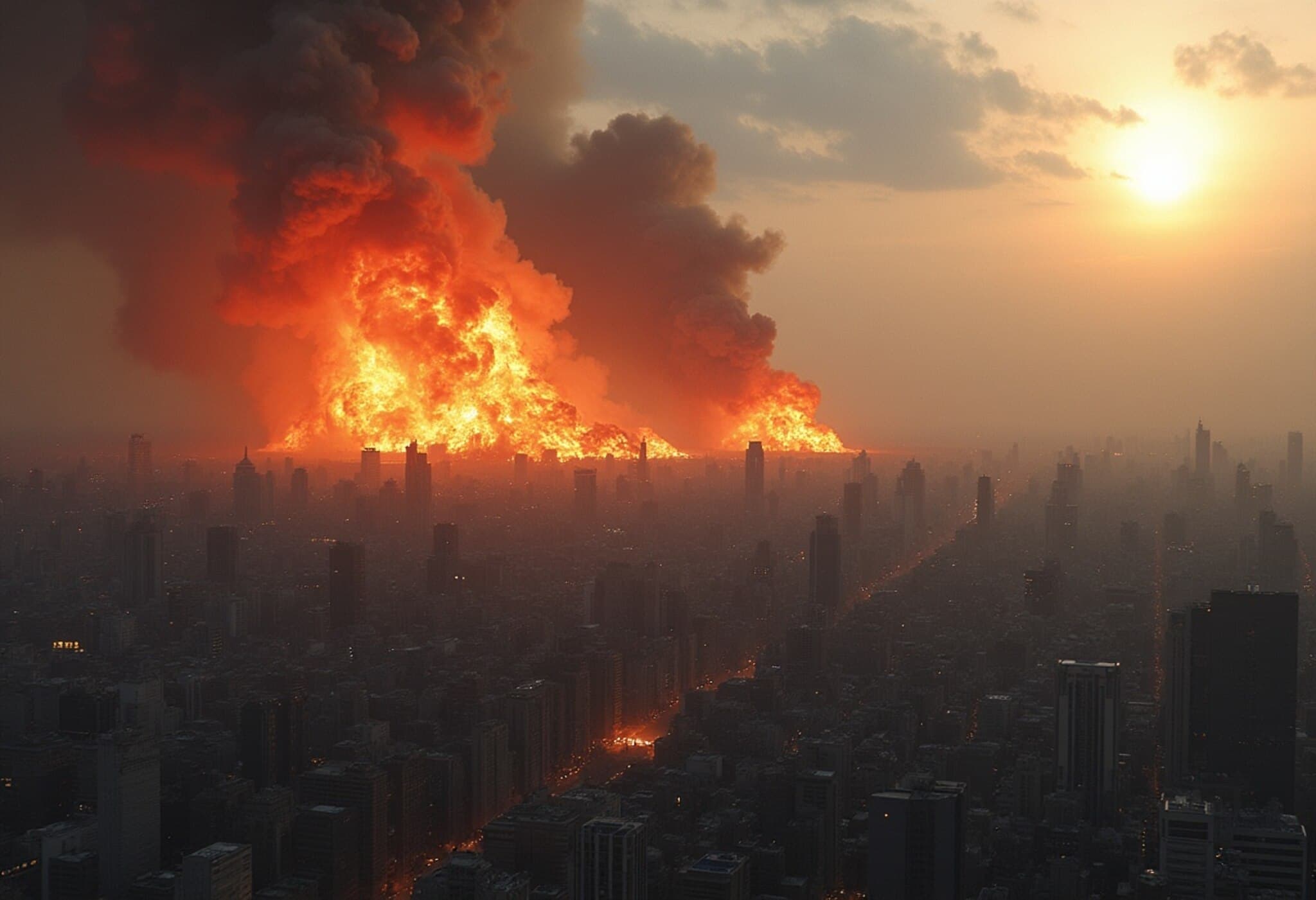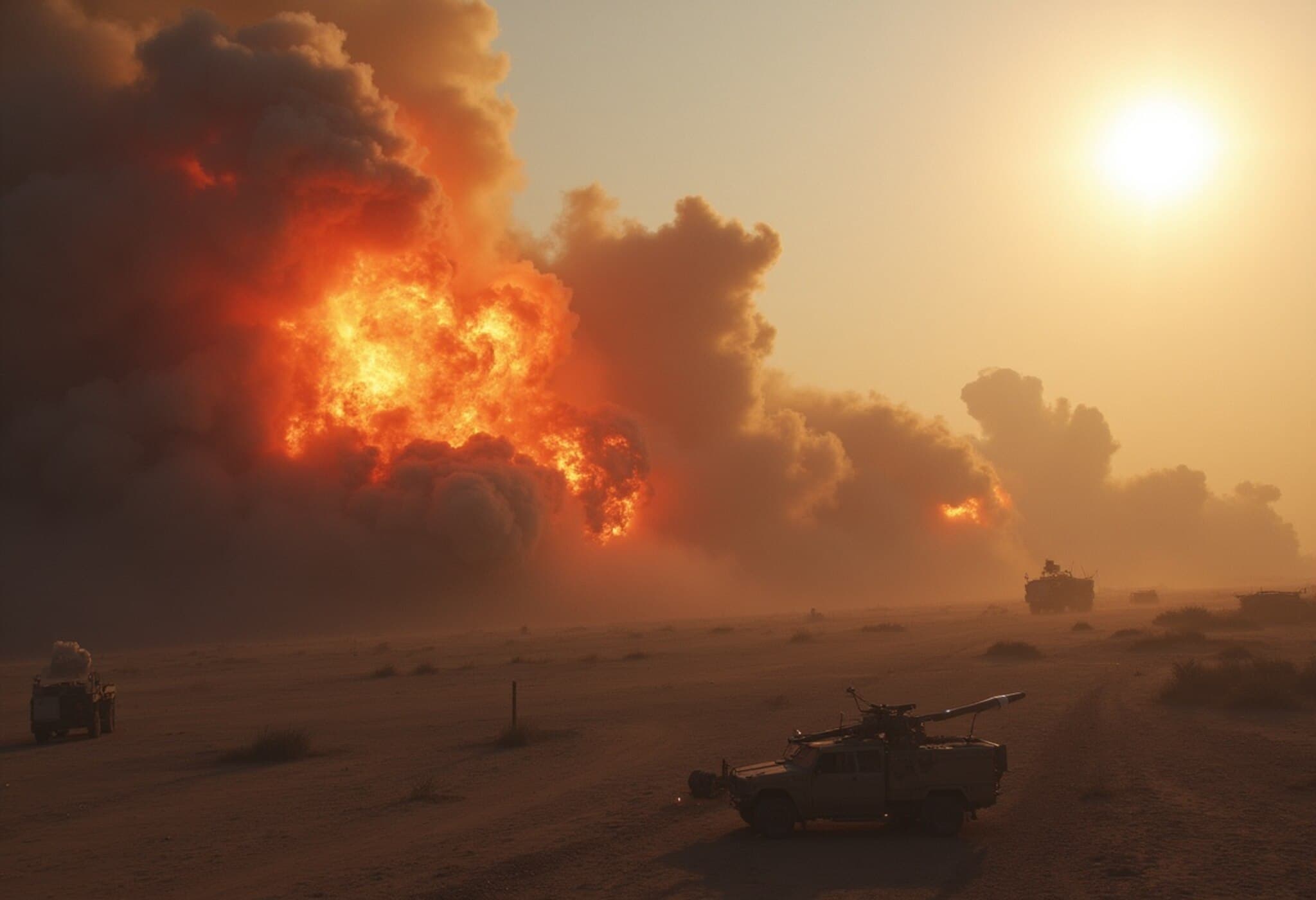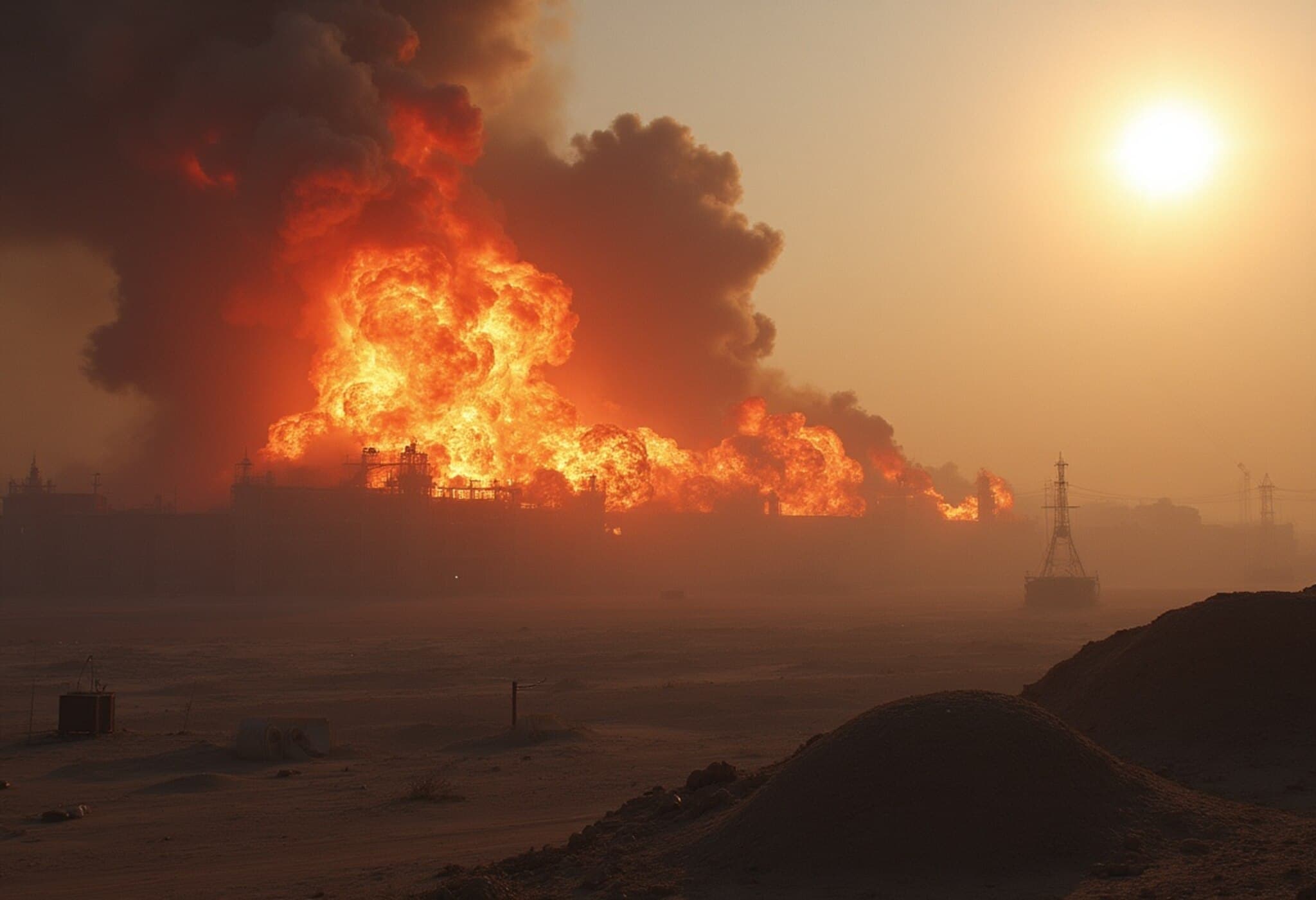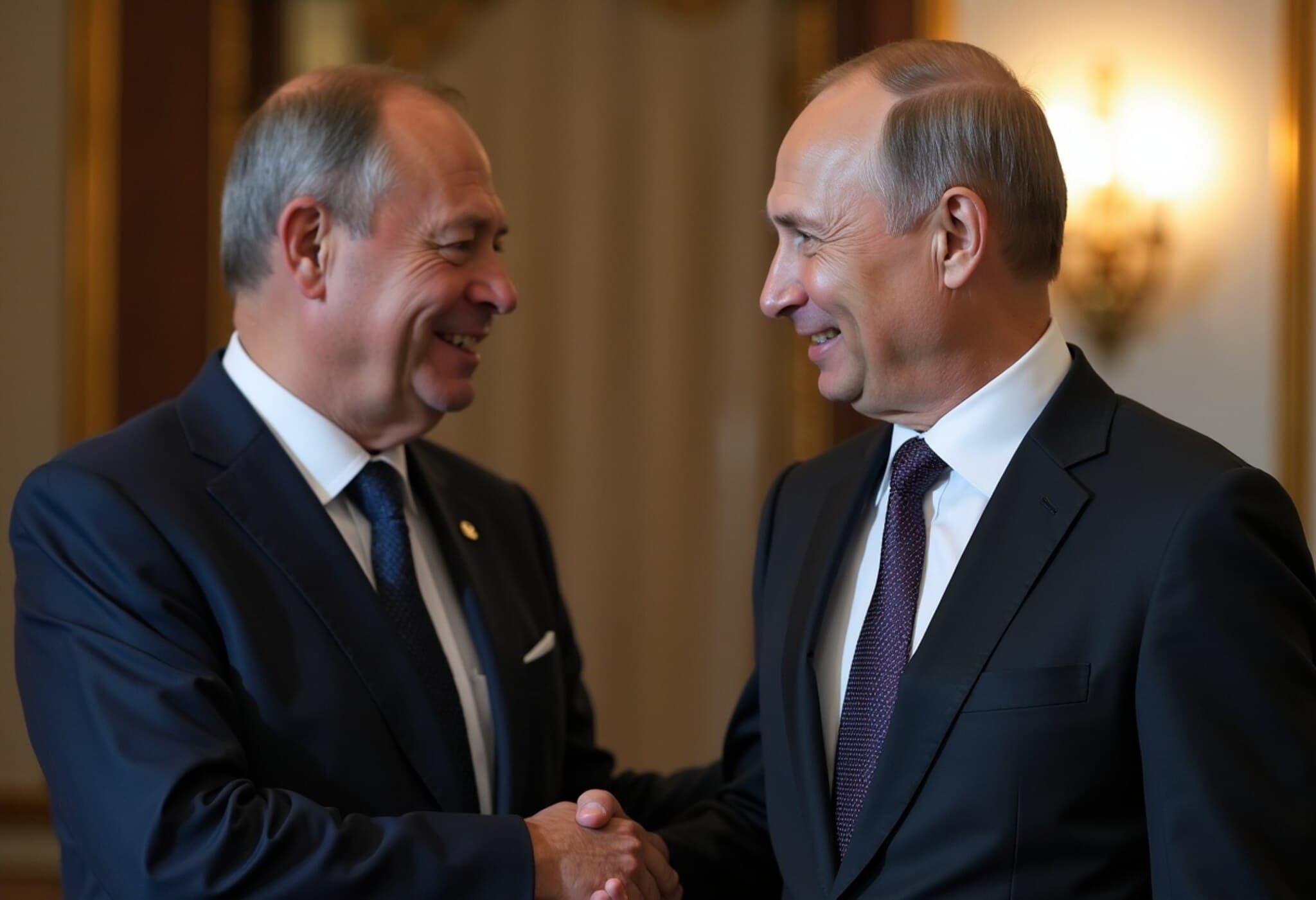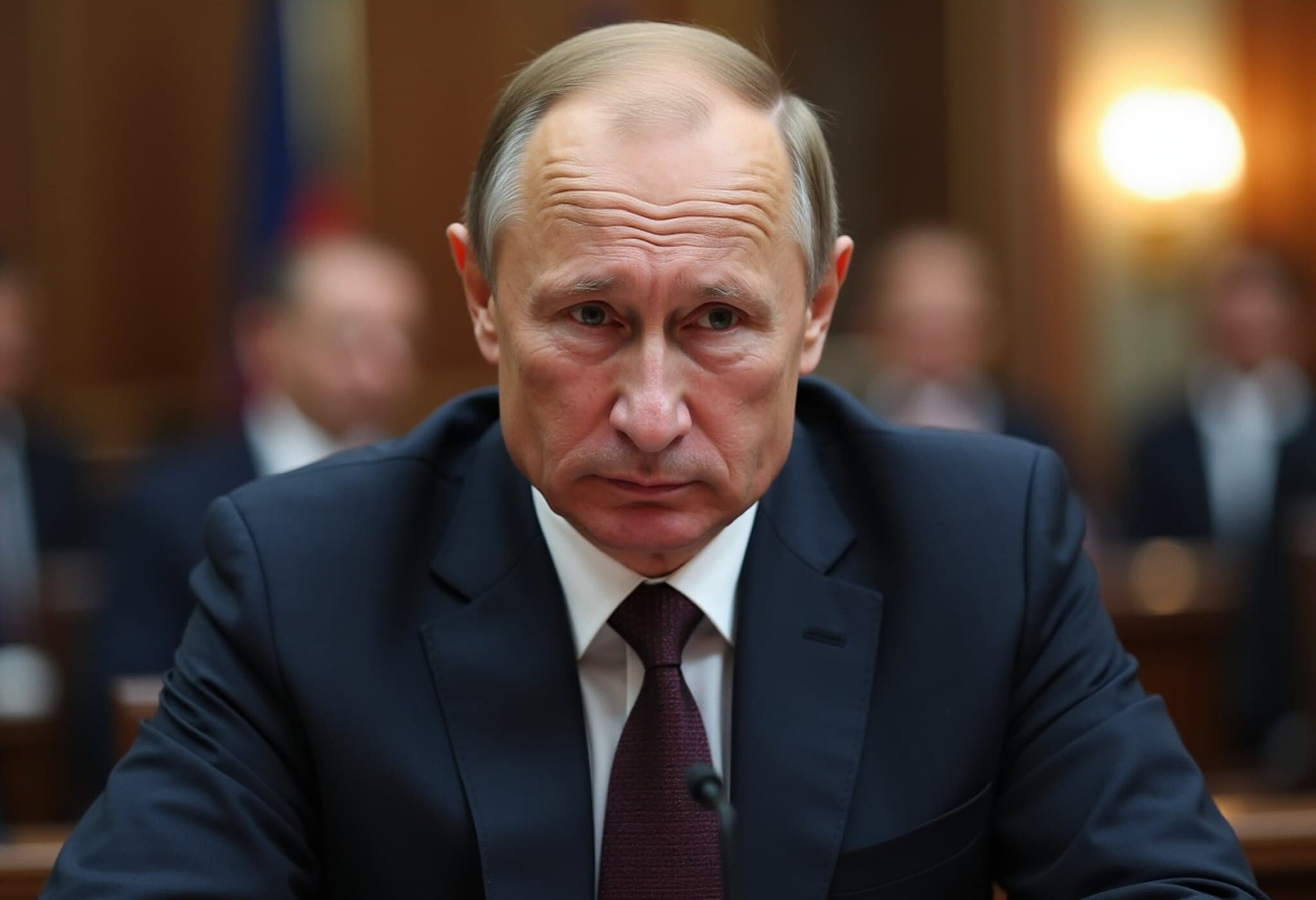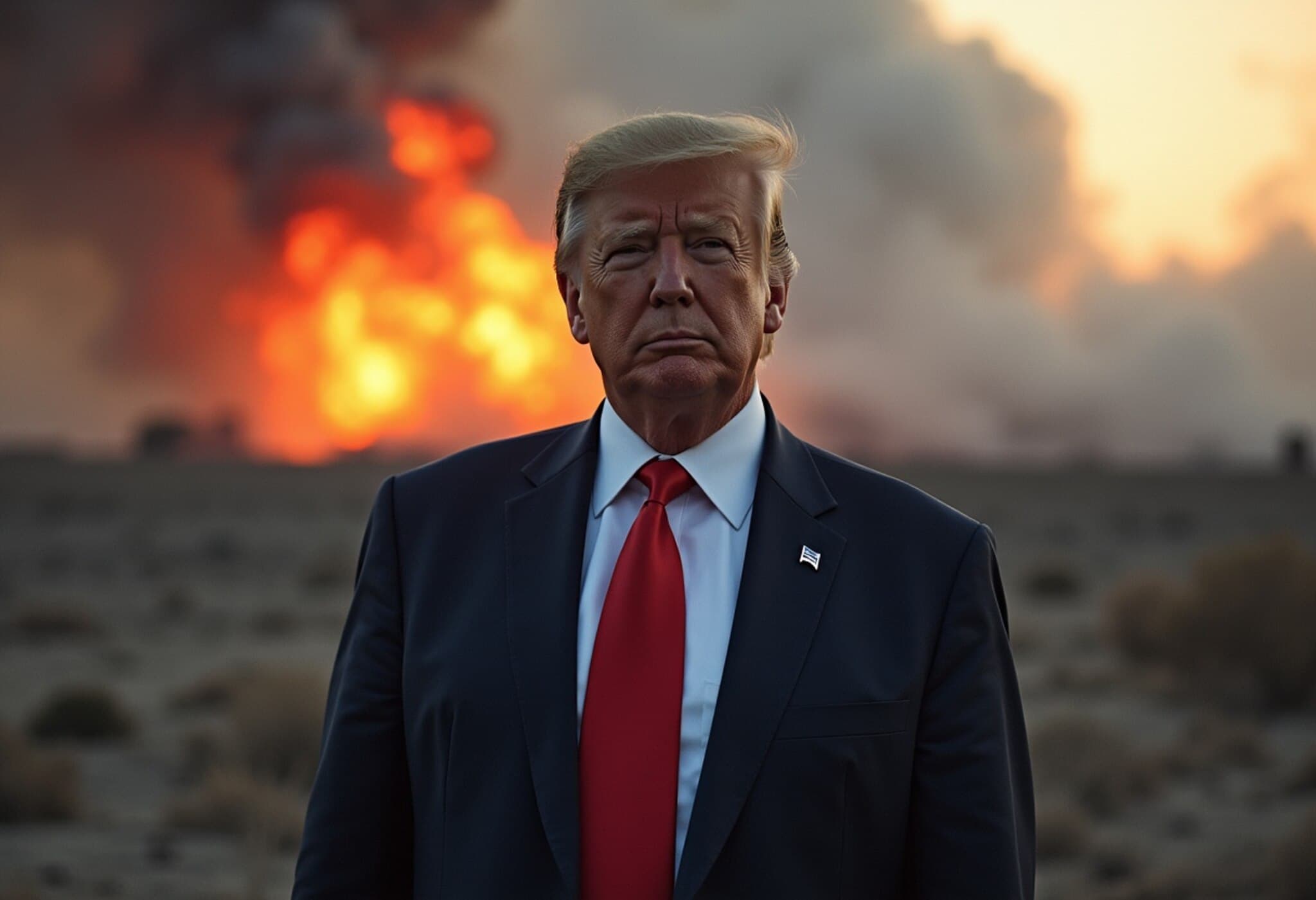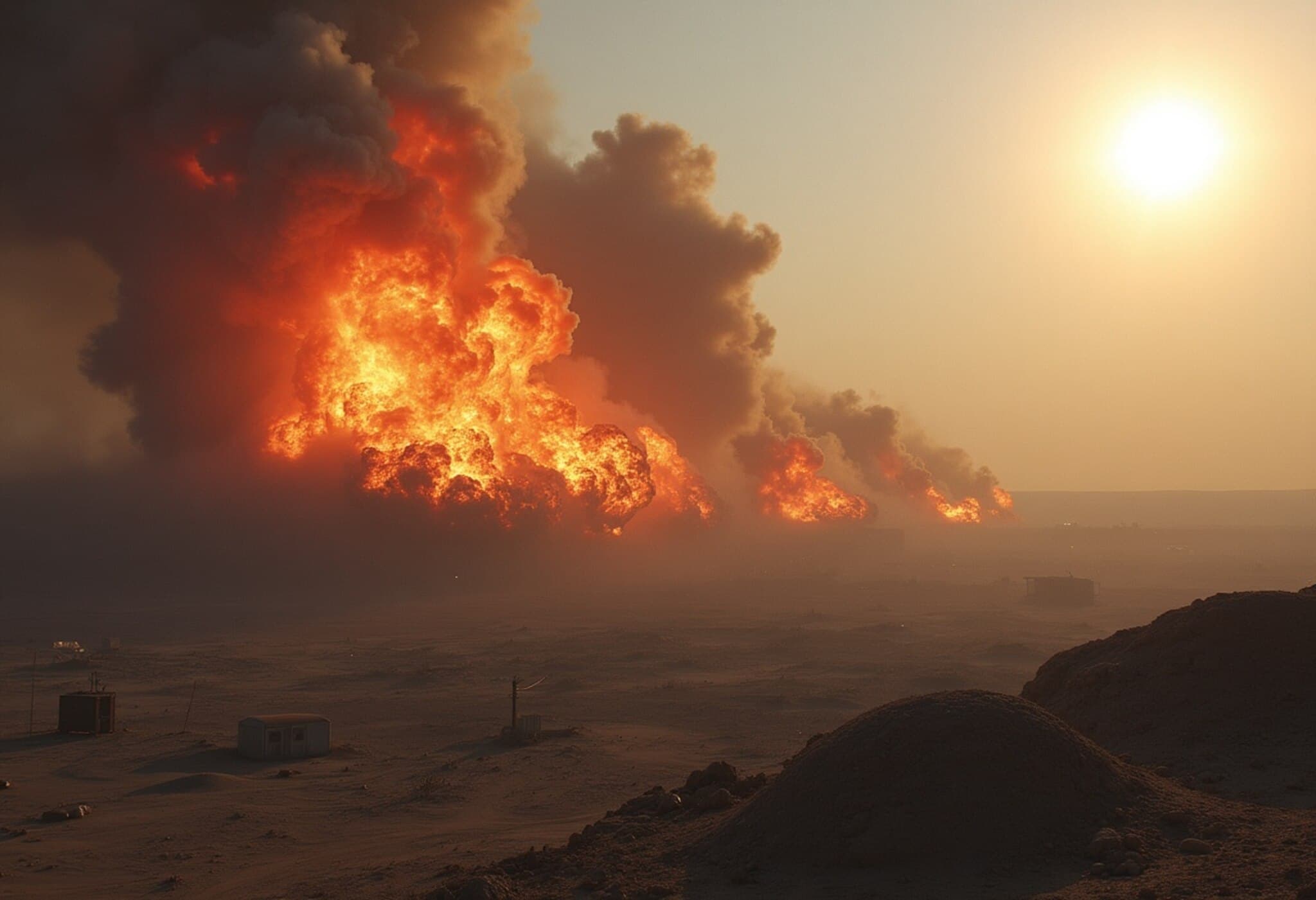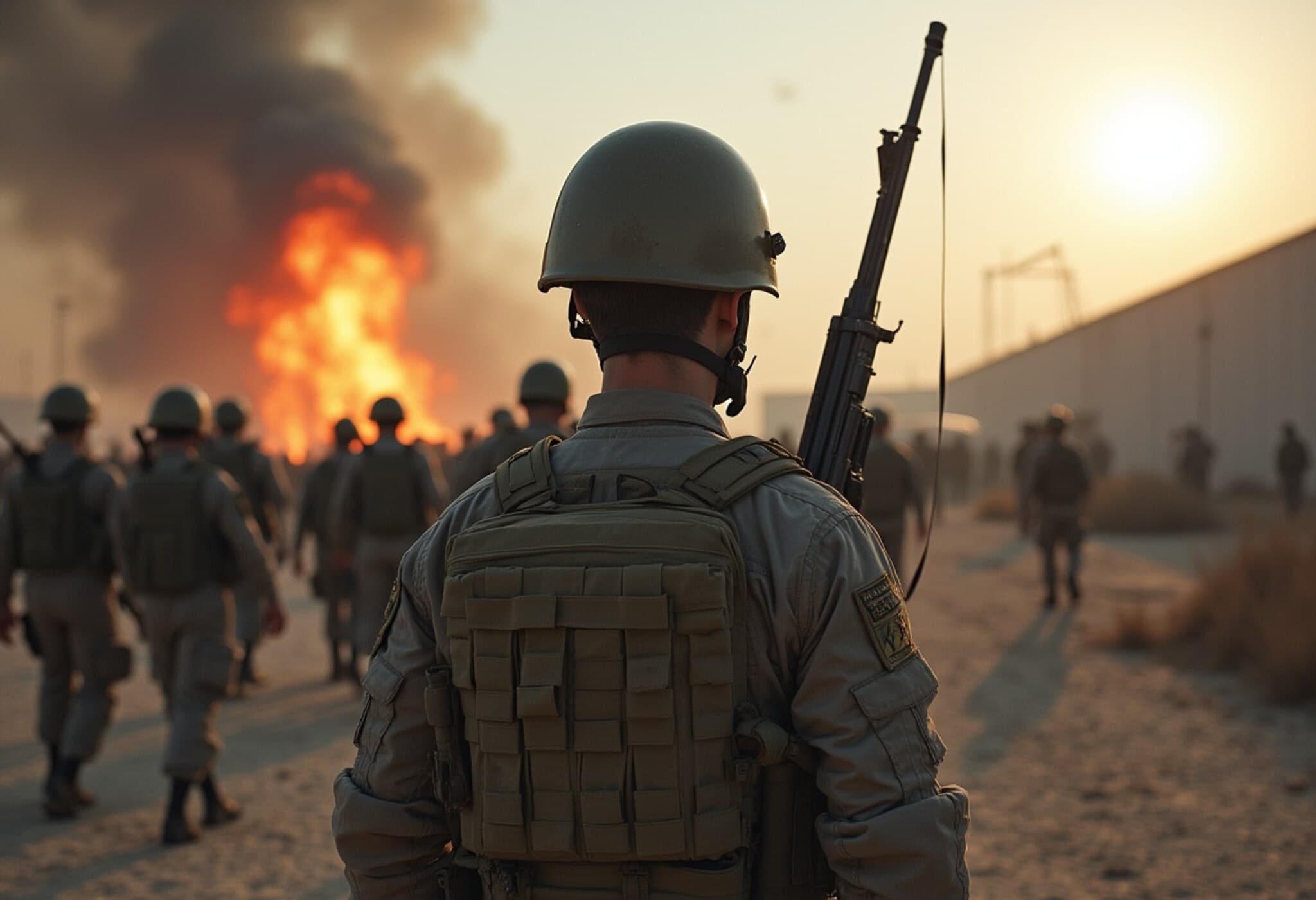Iran Confirms Major Damage to Nuclear Facilities Following US Airstrikes
Days after a series of US airstrikes targeting Iranian nuclear sites, Iran's Foreign Ministry spokesman Esmail Baghaei acknowledged that the country’s nuclear installations suffered significant damage. Speaking in a cautious tone, Baghaei confirmed the impact of the Sunday raids conducted by American B-2 bombers deploying bunker buster bombs but declined to provide explicit details about the extent of the damage.
Fragile Ceasefire Offers Hope Amid Ongoing Tensions
Meanwhile, a tentative ceasefire between Israel and Iran appeared to hold steady on Wednesday after an uneasy start, sparking guarded optimism for a potential long-term peace despite Tehran’s continued insistence on maintaining its nuclear ambitions.
The ceasefire, initiated on the 12th day of the conflict between the two nations, initially saw accusations fly from both sides regarding violations. However, missile, drone, and bomb exchanges eventually ceased, signaling a temporary halt in hostilities.
US President Donald Trump, who played a key role in brokering the truce, expressed confidence at a NATO summit in the Netherlands, stating, "They're not going to have a bomb and they're not going to enrich," referencing Iran’s nuclear program.
Iran Pushes Back on Nuclear Restrictions
In sharp contrast to US and Israeli statements, Iran’s government reaffirmed its refusal to abandon its nuclear activities. In a decisive parliamentary vote, Iran agreed to fast-track legislation to suspend cooperation with the International Atomic Energy Agency (IAEA), the UN watchdog responsible for monitoring Iran’s nuclear program.
Prior to the vote, Iranian Parliament Speaker Mohammad Bagher Qalibaf criticized the IAEA for what he described as its failure to condemn the US airstrikes on Iranian nuclear sites.
"For this reason, the Atomic Energy Organisation of Iran will suspend cooperation with the IAEA until security of nuclear facilities is ensured," Qalibaf declared. He further emphasized that Iran’s peaceful nuclear progress would accelerate despite international pressure.
IAEA Calls for Renewed Dialogue and Oversight
In response, IAEA Director General Rafael Mariano Grossi stated he had reached out to Iranian authorities to discuss plans for resuming inspections at their nuclear sites. With concerns that Iran may have relocated its highly enriched uranium ahead of the strikes, Grossi emphasized the need for inspectors to reassess Iran’s nuclear stockpiles.
"We need to return. We need to engage," Grossi said, underscoring the urgency of reestablishing dialogue and verification mechanisms.
Assessing the Impact of the US Airstrikes
The US attacks targeted three key Iranian nuclear facilities. President Trump claimed the strikes had "completely and fully obliterated" Iran’s nuclear program, a statement echoed by his special envoy to the Middle East, Steve Witkoff, who declared on television that the objective of destroying Iran's uranium enrichment capabilities had been achieved.
Similarly, Israeli military officials assessed that Iran’s nuclear program was set back by several years, attributing the damage to the American assaults.
Nonetheless, IAEA Director Grossi remained cautious, noting that despite the setbacks, Iran’s nuclear expertise and industrial infrastructure remain intact. "The technical knowledge is there, and the industrial capacity is there," he said. "No one can deny that, so we need to work together with them."
Looking Ahead
While the recent airstrikes have undoubtedly disrupted Iran’s nuclear activities, uncertainties remain about the long-term impact and regional stability. The fragile ceasefire and diplomatic moves reflect a complex geopolitical landscape where negotiation and vigilance will shape the unfolding developments.

